Indian Diaspora – The 21st Century: Migration, Change and Adaptation
In stock
Ever since the advent of the term "globalization" in the early 1990s, the movement of people across international boundaries spawned new concepts that forced new trends and paradigms into social sciences and humanities research. Since globalization is now deemed as the major ideological force that is reshaping international relationships, community relations and the individual’s place in them, a plethora of "new" keywords have emerged. Concepts such as "trans-national families", "Knowledge workers", "renegotiation of identities", "hybridity of cultural identities", "balkanization" of states, among a range of others, accompanied globalization not only as a concept but as complementary armoury to support its value as an ideological tool of twenty-first century capitalism. As people integrate into new host societies and renegotiate their identities in foreign environments, cultural relativism and acculturation have reemerged as analytical tools to understand recent processes of increasing flows of people across international boundaries. While people’s trans-national movements are creating ever more complex relationships, they continue to regroup and converge towards others who share their same geographical, physical and religious characteristics, recreating the bounded cultures in which conventional structural-functional analyses placed them. In this sense it calls for more research and for newer conceptualizations on how migrant groups relocate, integrate and renegotiate their identities in new host environments. This Special Issue Edition of Anthropologist’s collection of papers is one such representation – by people of Indian origin who now find themselves in various socio-political settings in different parts of the world. They cover issues that are of contemporary ethnographic and theoretical relevance not only to people of the Indian Diaspora but also to the wider discourses that have acquired currency in literature around trans-nationalism, increasing professional migration to the developed countries and the resultant new adventurism, identity maintenance in processes of relocation and romanticized depictions of the imagined and distant homeland, to analysis of diasporic communities.

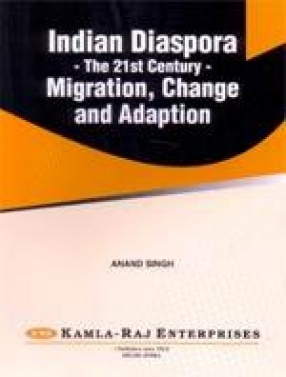
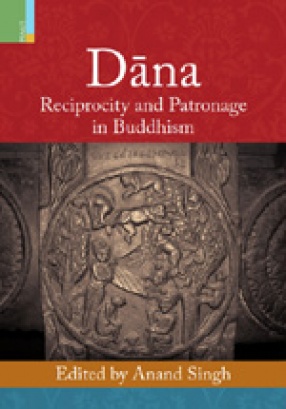
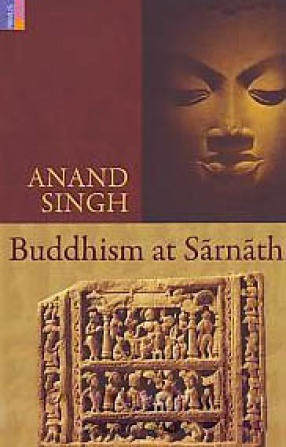
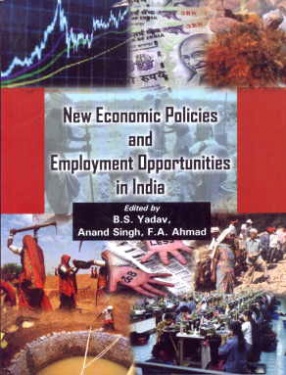

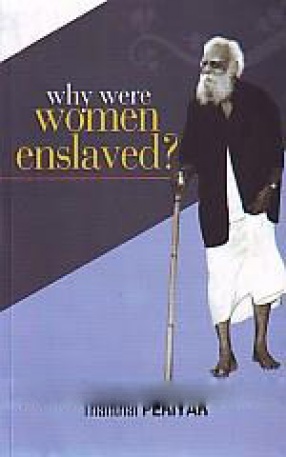

There are no reviews yet.